Navigating The Educational Landscape: School Term 2025 In Trinidad And Tobago
Navigating the Educational Landscape: School Term 2025 in Trinidad and Tobago
Related Articles: Navigating the Educational Landscape: School Term 2025 in Trinidad and Tobago
Introduction
With enthusiasm, let’s navigate through the intriguing topic related to Navigating the Educational Landscape: School Term 2025 in Trinidad and Tobago. Let’s weave interesting information and offer fresh perspectives to the readers.
Table of Content
Navigating the Educational Landscape: School Term 2025 in Trinidad and Tobago
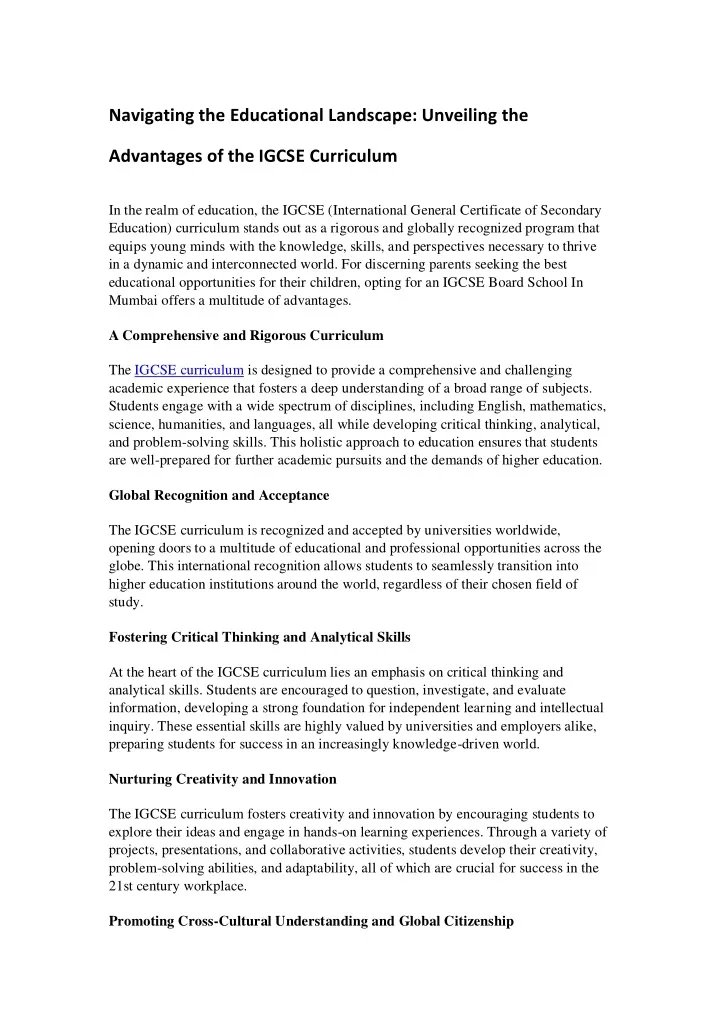
The academic year 2025 in Trinidad and Tobago marks a significant juncture in the nation’s educational journey. The Ministry of Education, guided by the National Education Strategic Plan 2016-2021 and its subsequent iterations, is actively implementing reforms designed to enhance the quality and accessibility of education. This article delves into the key aspects of the school term 2025, highlighting its potential impact on the future of Trinidad and Tobago’s students.
The Evolution of Education in Trinidad and Tobago
Trinidad and Tobago’s education system has undergone a continuous process of evolution, reflecting societal changes and global trends. The core principles of universal access and quality education remain paramount. However, the challenges of the 21st century, including technological advancements, globalization, and evolving employment demands, necessitate a dynamic and adaptable educational framework.
Key Pillars of School Term 2025
Several key initiatives are shaping the educational landscape of Trinidad and Tobago in 2025:
1. Digital Transformation:
The integration of technology in education is a cornerstone of the 2025 school term. This includes:
- Digital Learning Platforms: The widespread adoption of online learning platforms, interactive learning tools, and digital textbooks is transforming the classroom experience. Students are empowered to learn at their own pace, access diverse resources, and engage in collaborative projects.
- Teacher Training: Significant investments are being made to equip teachers with the necessary skills and knowledge to effectively utilize technology in their classrooms. This includes training on digital pedagogy, integrating technology into lesson planning, and utilizing online assessment tools.
- Infrastructure Development: The government is investing in upgrading school infrastructure to ensure reliable internet connectivity, access to modern computers, and the creation of digital learning spaces.
2. Curriculum Reform:
The curriculum in Trinidad and Tobago is undergoing a comprehensive review to ensure its relevance to the needs of the 21st century. This involves:
- Focus on 21st-Century Skills: The curriculum is being redesigned to emphasize critical thinking, problem-solving, creativity, collaboration, communication, and digital literacy. These skills are essential for success in a rapidly evolving job market.
- Integration of STEM Education: Science, technology, engineering, and mathematics (STEM) fields are increasingly crucial for economic development. The curriculum is being strengthened to foster interest and proficiency in these areas.
- Emphasis on Experiential Learning: The importance of hands-on learning and project-based activities is being recognized. Students are encouraged to apply their knowledge and skills in real-world contexts, fostering deeper understanding and engagement.
3. Early Childhood Education:
Recognizing the critical importance of early childhood development, the government is prioritizing investments in early childhood education:
- Expansion of Early Childhood Centers: The expansion of early childhood centers ensures access to quality early education for all children, regardless of their socioeconomic background.
- Teacher Training and Development: Early childhood educators are receiving specialized training to provide developmentally appropriate learning experiences that foster cognitive, social, and emotional growth.
- Curriculum Development: Early childhood curricula are being designed to promote creativity, curiosity, and a love of learning, laying a strong foundation for future academic success.
4. Teacher Empowerment and Professional Development:
Teachers are the backbone of any education system. School term 2025 in Trinidad and Tobago emphasizes teacher empowerment and professional development:
- Enhanced Teacher Training: The government is investing in continuous professional development programs for teachers, equipping them with the latest pedagogical practices, educational technologies, and strategies for supporting diverse learners.
- Mentorship and Coaching: Experienced teachers are providing mentorship and coaching to their colleagues, fostering a culture of collaboration and shared learning.
- Career Advancement Opportunities: Opportunities for career advancement are being created for teachers, recognizing their contributions and motivating them to excel in their profession.
5. Inclusive Education:
The principle of inclusivity is central to the educational reforms in Trinidad and Tobago. This involves:
- Support for Students with Disabilities: The government is committed to providing equal access to quality education for students with disabilities. This includes specialized resources, assistive technologies, and trained personnel to support their learning needs.
- Addressing Diversity: The curriculum and teaching practices are being adapted to recognize and celebrate the diverse cultural backgrounds and learning styles of students. This fosters a more inclusive and equitable learning environment.
- Addressing Socioeconomic Disparities: The government is implementing programs to address socioeconomic disparities in access to education. This includes providing financial assistance, after-school programs, and educational support services to students from disadvantaged backgrounds.
FAQs Regarding School Term 2025 in Trinidad and Tobago
1. What is the expected impact of these reforms on students?
The reforms implemented in school term 2025 are expected to have a positive impact on students, equipping them with the skills and knowledge necessary to thrive in the 21st century. Students will be better prepared for higher education, the workforce, and active citizenship.
2. What role does technology play in the 2025 educational landscape?
Technology is a transformative force in education, facilitating personalized learning, engaging students in interactive learning experiences, and providing access to a wealth of resources. It is crucial for preparing students for the digitally driven world.
3. How are teachers being supported in the transition to a more technology-focused environment?
Significant investments are being made in teacher training programs to equip educators with the skills and knowledge necessary to integrate technology effectively into their teaching practices. This includes training on digital pedagogy, online assessment tools, and the use of interactive learning platforms.
4. What measures are being taken to ensure inclusivity in education?
The government is committed to providing equal access to quality education for all students, regardless of their abilities or background. This includes specialized resources, assistive technologies, and programs to address socioeconomic disparities.
5. How can parents and the community contribute to the success of these reforms?
Parents and the community play a vital role in supporting educational reforms. This includes engaging with schools, advocating for students’ needs, and fostering a culture of learning and lifelong education.
Tips for Navigating School Term 2025
- Embrace Digital Learning: Encourage students to explore digital learning platforms, interactive tools, and online resources.
- Promote Critical Thinking and Problem-Solving: Encourage students to engage in critical thinking and problem-solving activities, fostering their analytical and creative skills.
- Support STEM Education: Encourage students’ interest in STEM fields through hands-on projects, engaging activities, and access to STEM resources.
- Engage with Schools: Stay informed about school initiatives, attend parent-teacher meetings, and participate in school events.
- Advocate for Students’ Needs: Speak up for students’ needs, ensuring they have access to the resources and support they require.
Conclusion
School term 2025 marks a pivotal moment in the history of education in Trinidad and Tobago. The comprehensive reforms being implemented aim to create a more dynamic, inclusive, and technologically advanced educational system. By embracing these changes and working together, Trinidad and Tobago can ensure that its students are equipped with the skills and knowledge necessary to thrive in the 21st century and contribute to the nation’s future prosperity.
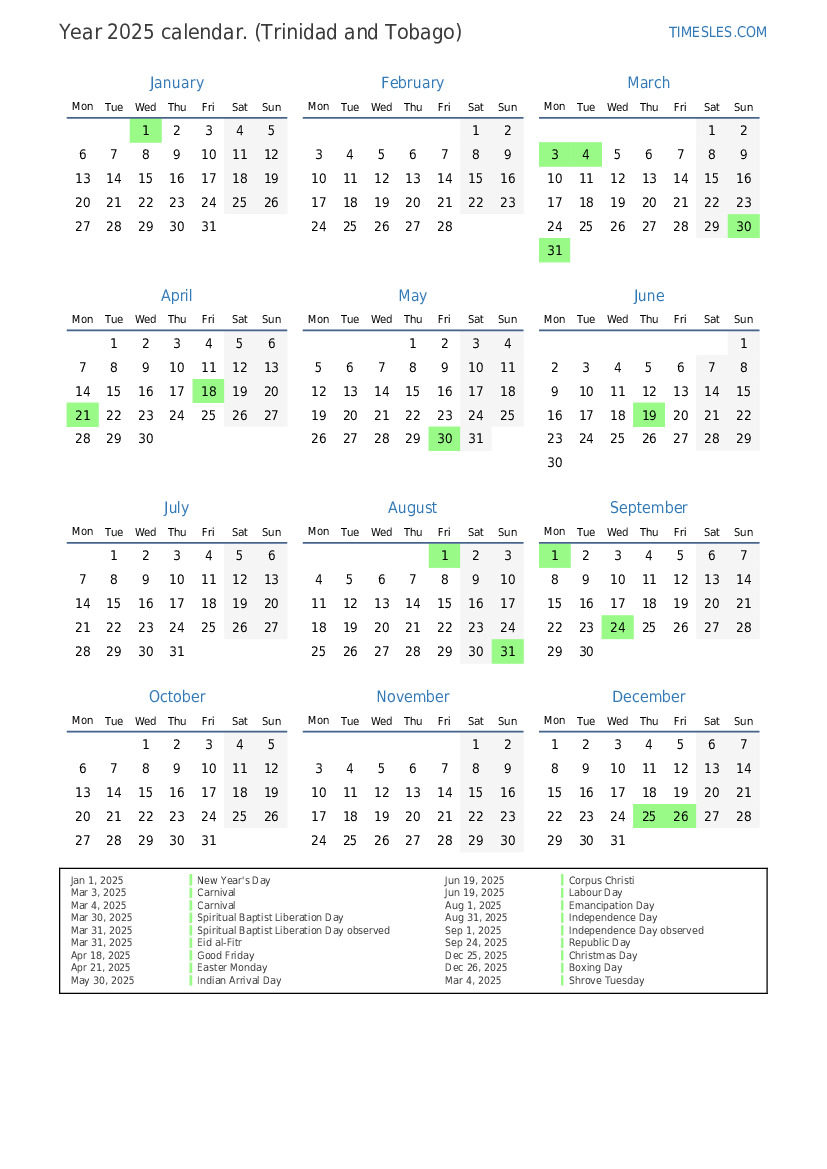
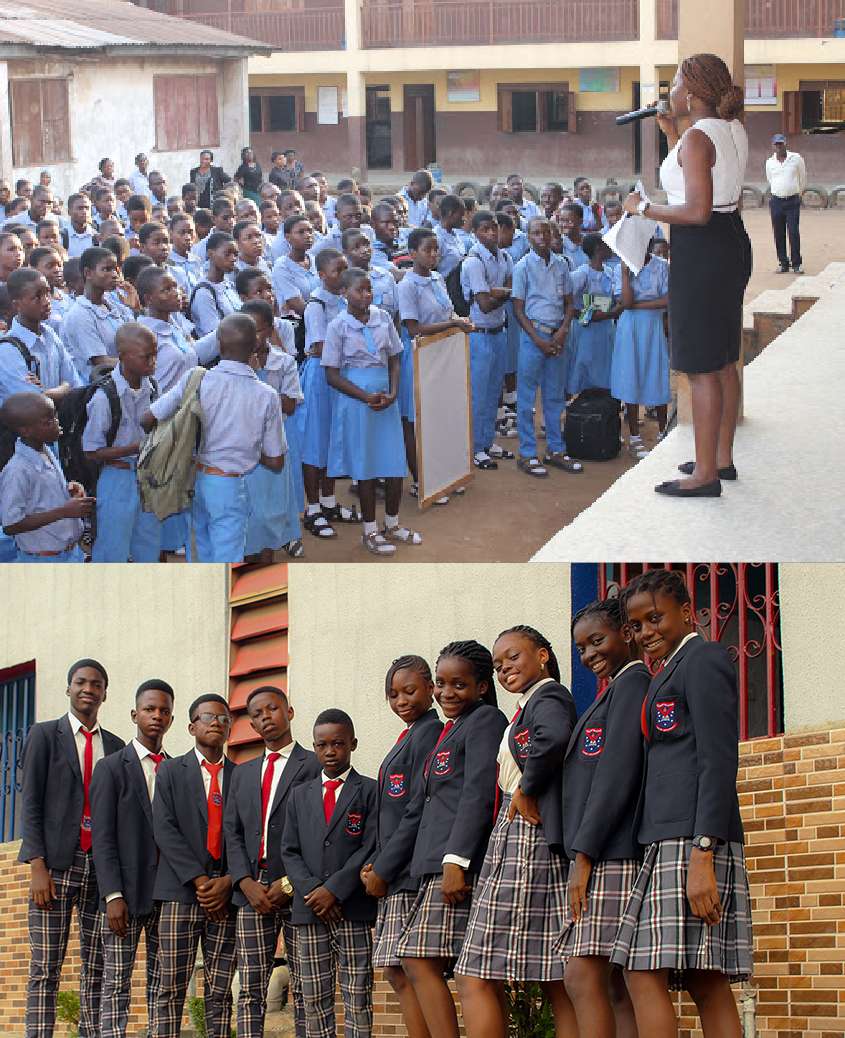


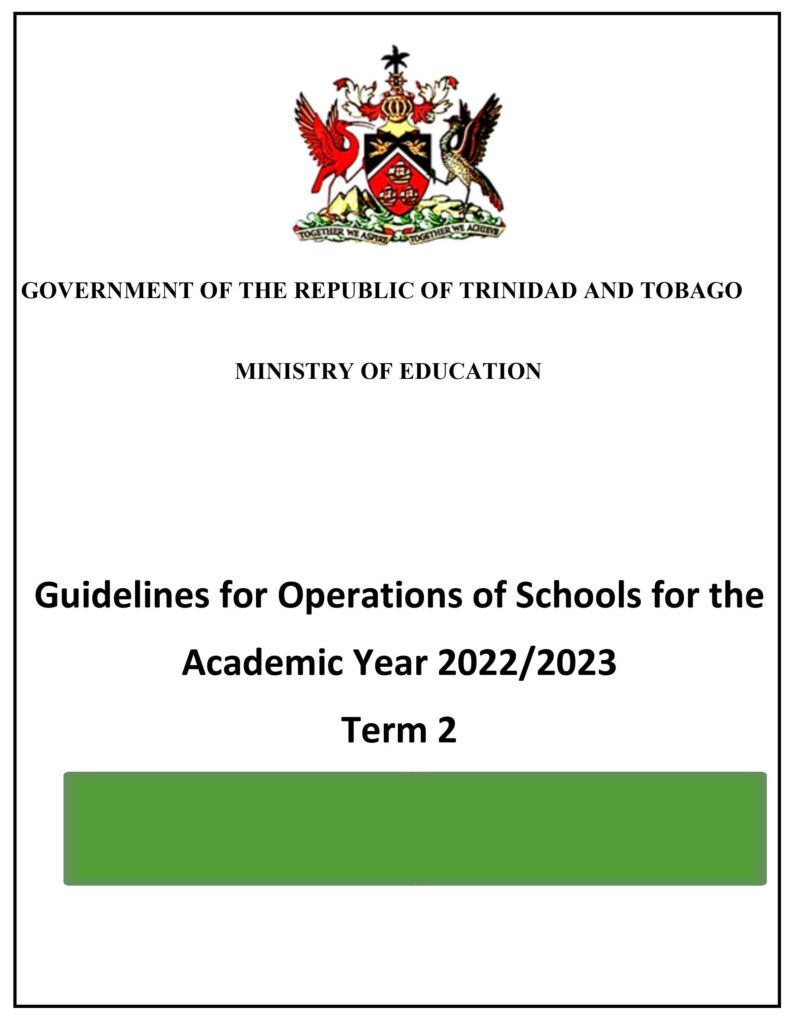
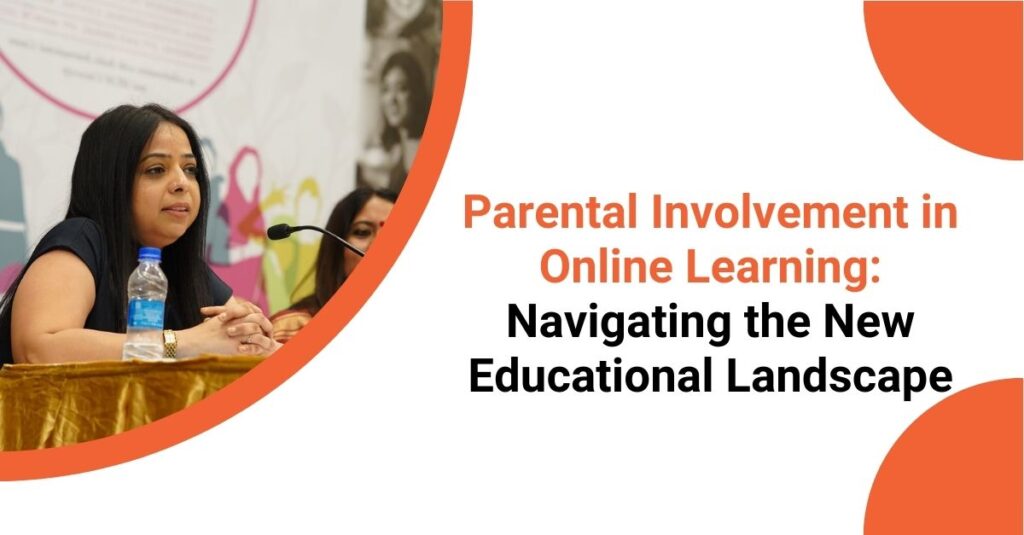
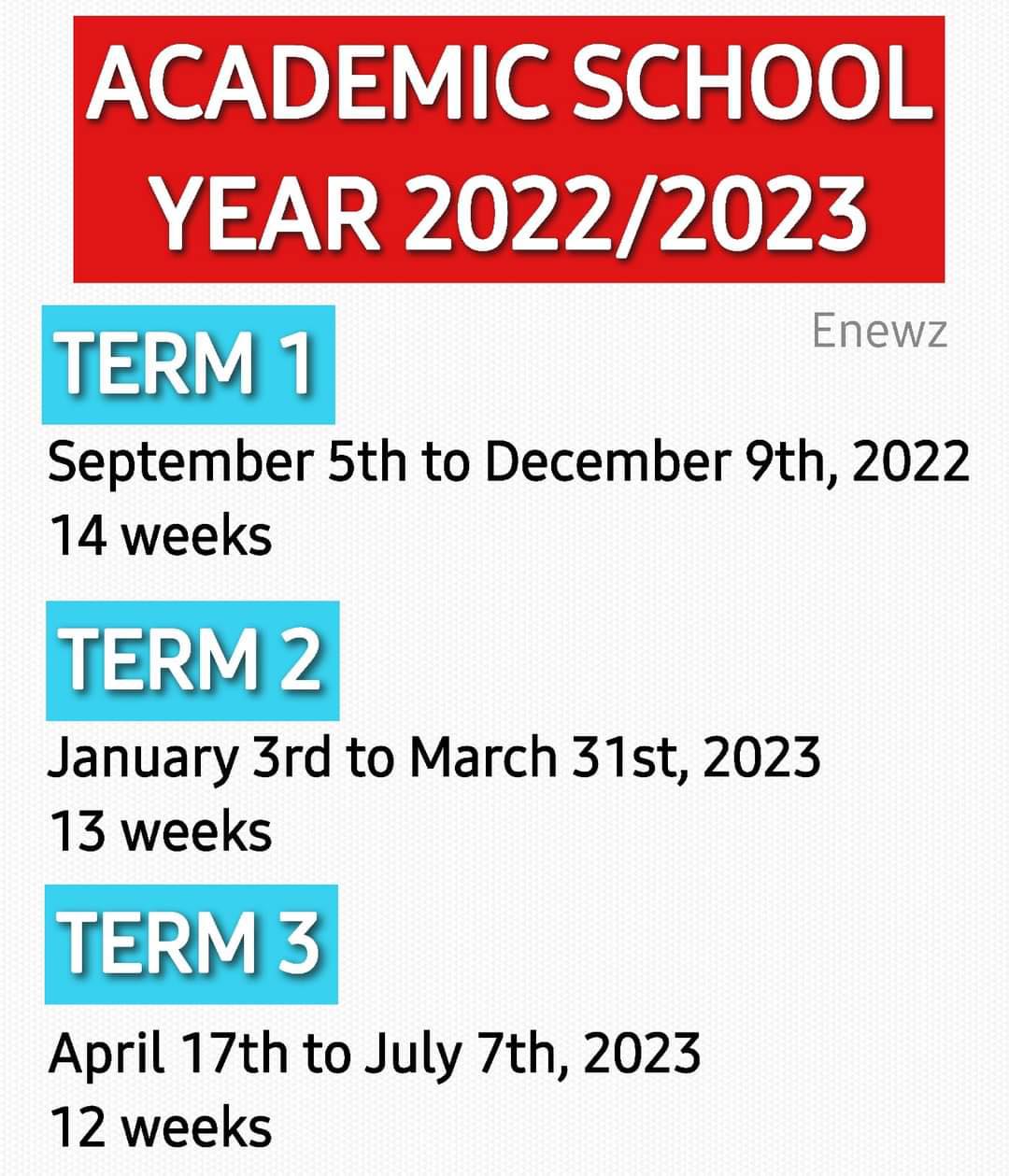
Closure
Thus, we hope this article has provided valuable insights into Navigating the Educational Landscape: School Term 2025 in Trinidad and Tobago. We appreciate your attention to our article. See you in our next article!
You may also like
Recent Posts
- Exploring The World In February 2025: A Guide To Travel Destinations
- Navigating The Summer School Holidays In The UK: A Comprehensive Guide For 2025
- Navigating Singapore’s Public Holidays In 2025: A Comprehensive Guide
- A Comprehensive Guide To Skiing Holidays In January 2025
- Embracing The Winter Wonderland: A Comprehensive Guide To Ski Holidays In January 2025
- Tenerife In April 2025: A Springtime Escape To The Canary Islands
- The Future Of Travel: A Look At Holiday Trends For 2025
- Unveiling The World Of Travel: An Exploration Of Thomas Cook’s 2025 Brochure

Leave a Reply